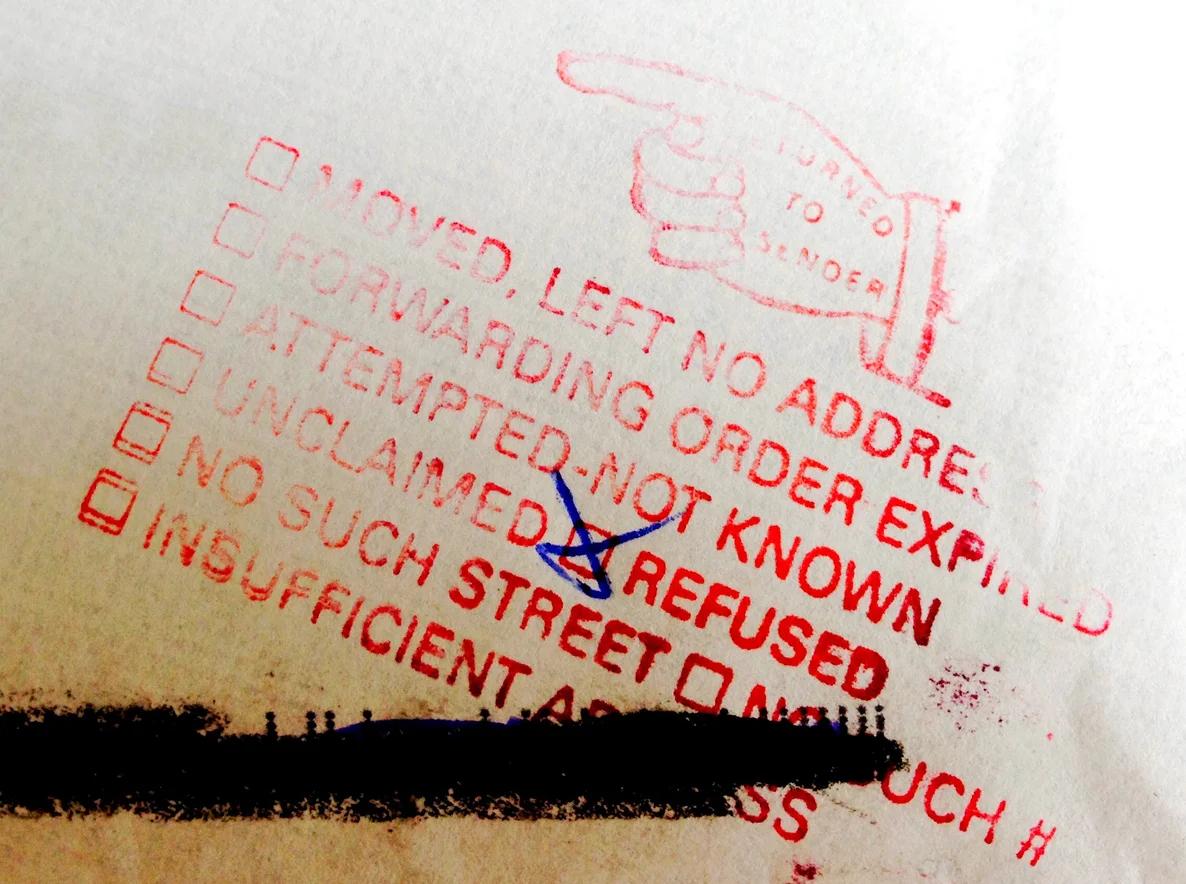The Department of State (DOS) has issued its June 2018 Visa Bulletin. For the most part, priority dates for employment-based categories remain the same from last month’s visa bulletin. The only category to advance is EB-3 India, which moved forward by four days.
Read MoreUSCIS recently announced that it would start phasing in use of the U.S. Postal Service’s (“USPS”) Signature Confirmation Restricted Delivery service to mail Green Cards, Employment Authorization Documents (“EAD”) and Refugee Travel Documents, on April 30, 2018. During this phase, USCIS will re-mail the aforementioned documents that have been returned as non-deliverable.
Read MoreThe Department of State (DOS) has issued its May 2018 Visa Bulletin. For the most part, priority dates for employment-based categories remain the same from last month’s visa bulletin. The Employment-Based (“EB”)-1 category for Chinese nationals advanced by one month from April’s dates while the EB-3 category for Indian nationals moved forward by 3 months.
Read MoreEarlier this week, USCIS provided guidance on how to pay for government filing fees with credit cards. Last month (February 2017), USCIS began accepting credit card payments for 41 fee-based forms processed at USCIS Lockbox facilities. Applicants must use Form G-1450, Authorization for Credit Card Transaction and may pay with Visa, MasterCard, American Express or Discover.
Read MoreUSCIS will temporarily suspend premium processing for all FY 2019 cap-subject petitions effective April 2, 2018. This suspension is expected to last until Sept. 10, 2018. USCIS will continue to accept premium processing requests for H-1B petitions that are not subject to the FY 2019 cap, such as extensions and change of employer petitions.
Read MoreThe Department of State (DOS) has released the April 2018 Visa Bulletin. Most notably, the Employment-Based (“EB”)-1 category for Indian and Chinese nationals retrogresses dramatically from current to January 1, 2012. EB-2 and EB-3 for Chinese nationals, and EB-3 for Indian and Filipino nationals make significant advances while EB-2 for Indians holds steady.
Read More






